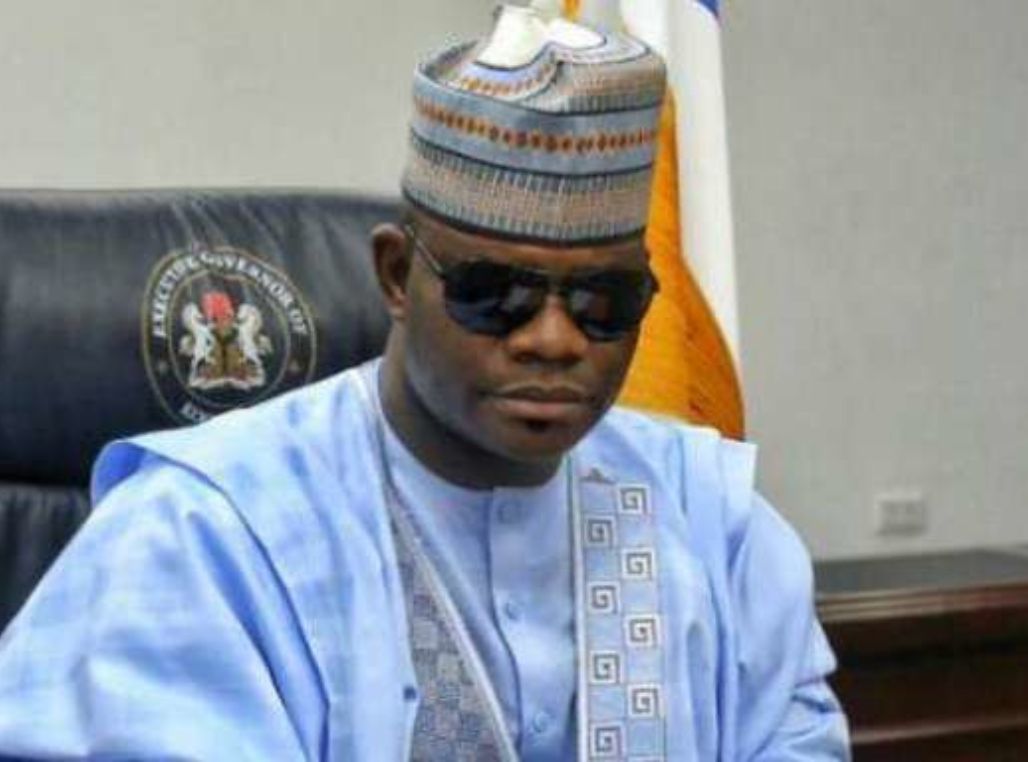Ex-Gov Yahaya Bello’s alleged N110bn fraud case is one of the largest investigations in recent Nigerian history. He has finally appeared in court, pleading “not guilty” to the 16-count charge. It involves accusations of misappropriating funds intended for public welfare.
After months of delays, former Kogi State Governor Yahaya Bello finally appeared in court on Wednesday (Nov 27, 2024). He was arraigned before Justice Maryanne Anenih at the Federal Capital Territory (FCT) High Court. The charges against him stem from an alleged N110bn fraud. Bello pleaded not guilty to the 16-count charge.
The Economic and Financial Crimes Commission (EFCC) claims that Bello, along with his co-defendants, misappropriated billions of naira during his time in office. The EFCC accuses them of money laundering, embezzlement, and fraudulent financial dealings.
EFCC charges Bello alongside Umar Oricha, the second defendant, and Abdulsalami Hudu, the third. They allegedly used shell companies and illicit bank accounts to siphon public funds. The EFCC’s investigation suggests that the former governor’s administration engaged in a systematic effort to misappropriate state resources.
Back-and-Forth with the EFCC on the alleged N110bn fraud case
The legal battle has been marked by back-and-forth exchanges between Bello and the EFCC. The former governor initially refused to respond to several summons from the anti-graft agency. His reluctance raised eyebrows and sparked public criticism.
On November 14, 2024, the EFCC had asked the court for an adjournment, citing the expiration of a 30-day window for Bello’s appearance. The agency then granted his co-defendants, Oricha and Hudu, administrative bail. However, it requested more time to secure Bello’s presence in court.
Finally, on Tuesday, November 26, Bello honoured the EFCC’s invitation. He turned up at the agency’s headquarters and the officials escorted him to the court. Dressed in a white kaftan and blue cap, he appeared alongside EFCC officials, marking a crucial moment in the case.
The alleged fraud and its impact
The alleged N110bn fraud case is one of the largest investigations in recent Nigerian history. It involves accusations of misappropriating funds intended for public welfare. If proven guilty, Bello faces serious consequences, including fines and potential prison time.
The EFCC has compiled substantial evidence against the former governor. This includes records showing how state funds were diverted to personal accounts. The agency argues that Bello and his co-defendants engaged in complex money laundering schemes, which severely harmed Kogi State’s economy.
Bello’s legal team, however, maintains his innocence. They argue that the charges are politically motivated. They claim that the case is part of a broader effort to undermine him. The defense has vowed to challenge the EFCC’s evidence in court.
Bello’s trial will likely drag on for months. The court set the next hearing for December, where the trial will proceed in earnest. The EFCC will present more evidence, while the defense prepares to counter every claim.
As the case unfolds, there is growing interest in how it will affect the broader political landscape. If convicted, Bello would join a long list of prominent Nigerian politicians facing corruption charges. The trial has already become a symbol of the nation’s ongoing struggle with corruption.
Bello’s court appearance on Tuesday was a pivotal moment in the investigation. His plea of not guilty sets the stage for a long and contentious legal battle.

Leave feedback about this